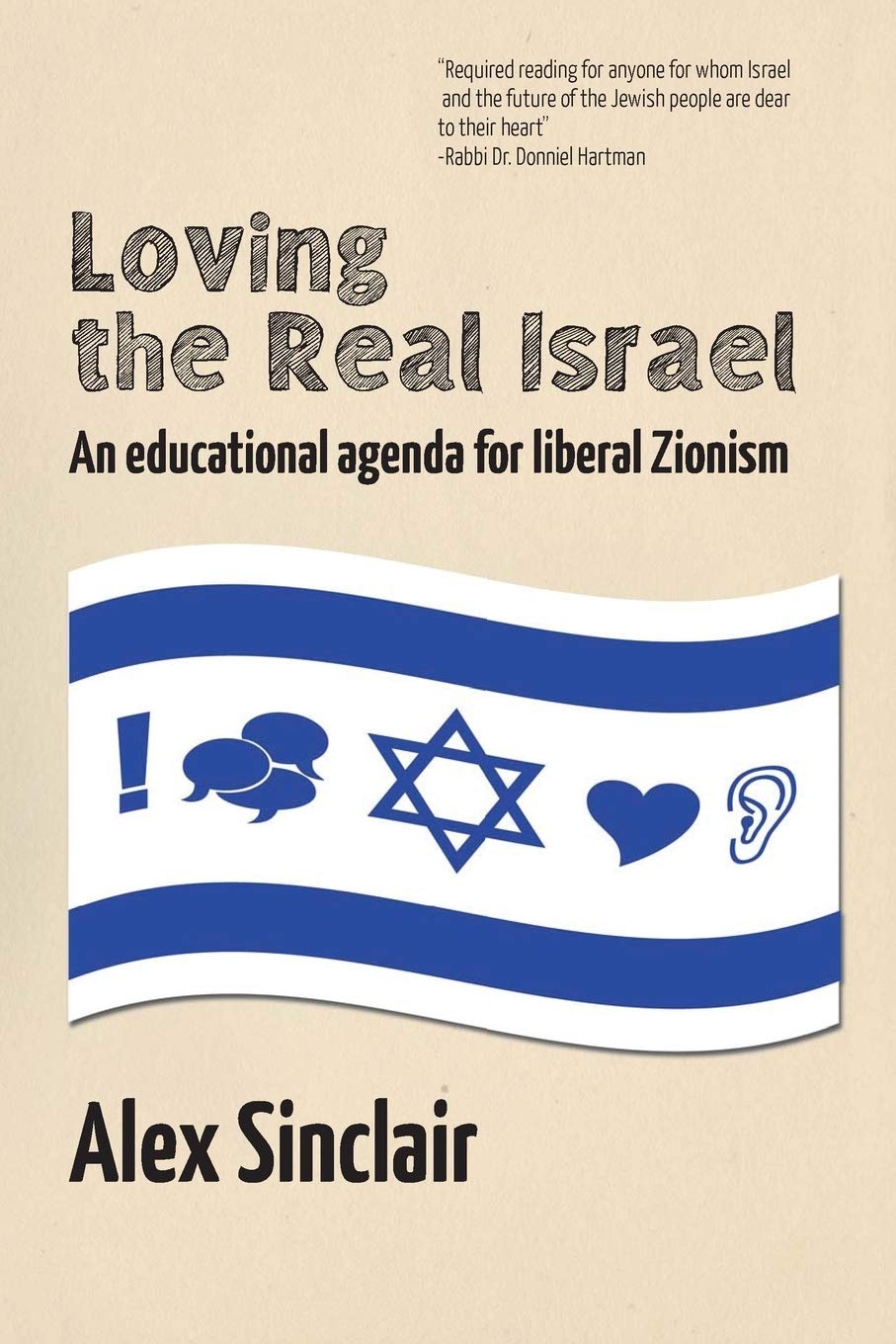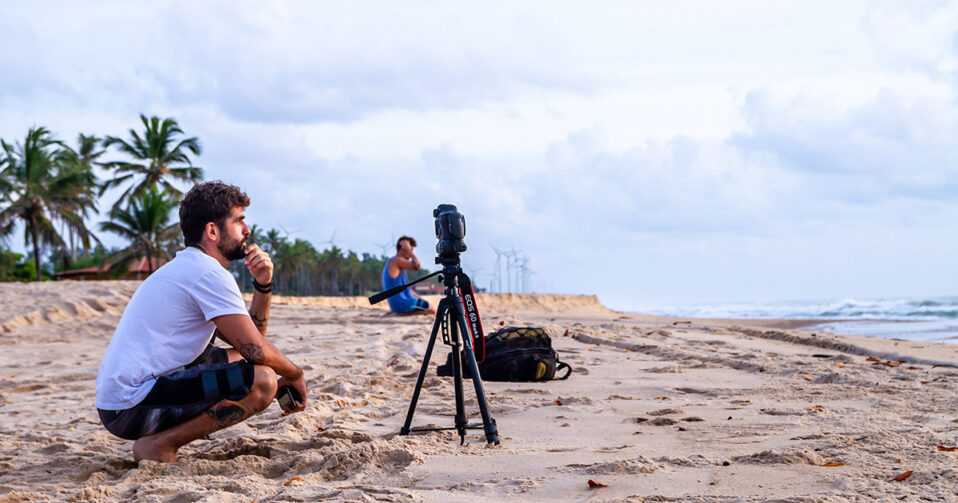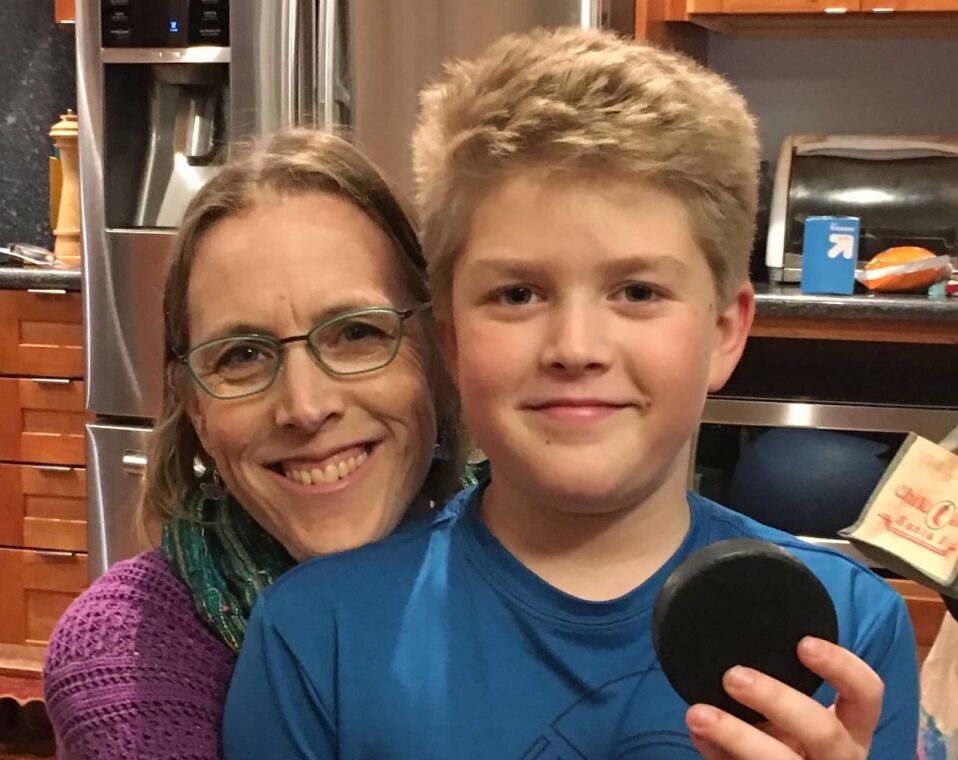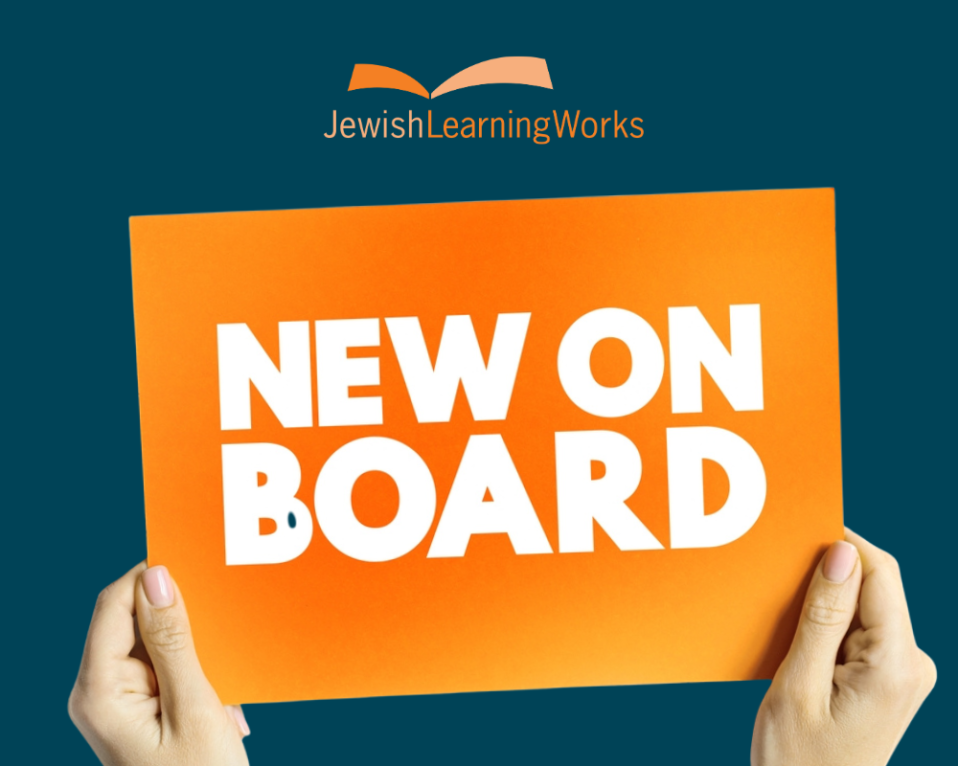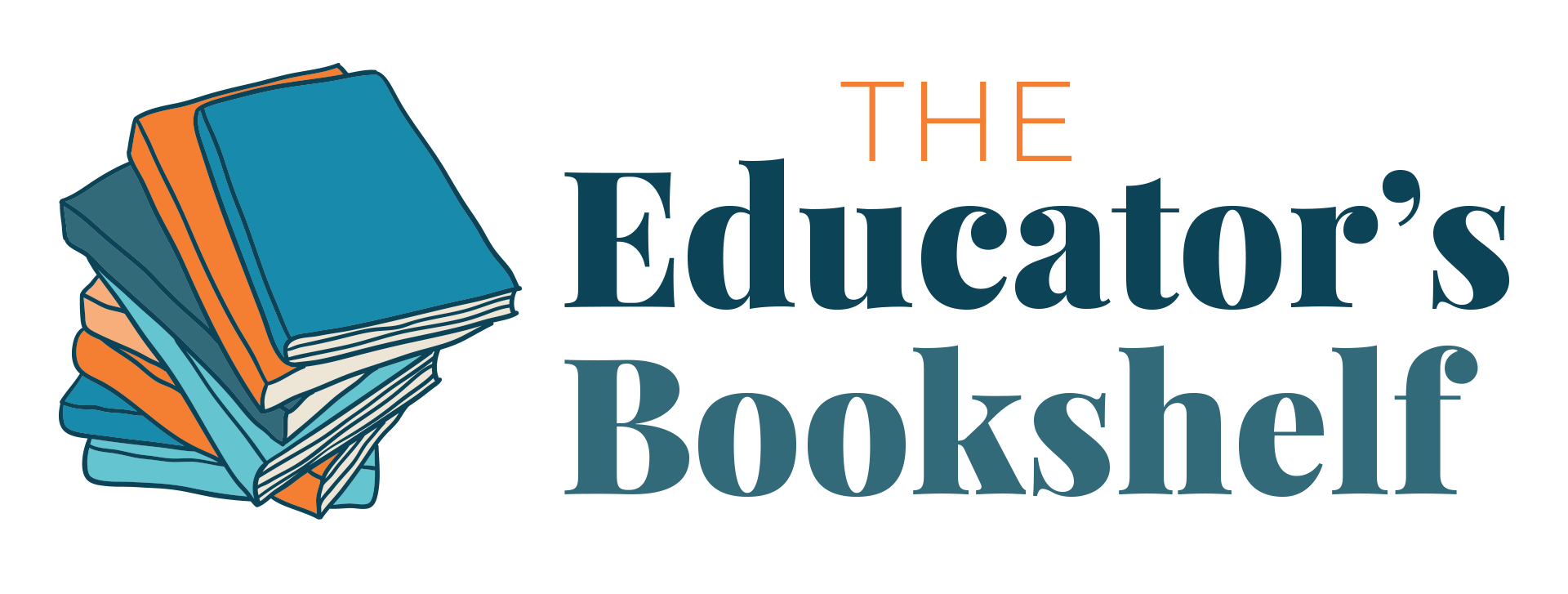
Welcome to our new Educator’s Bookshelf!
As the People of the Book, it’s no surprise that one of the great joys of our professional community is sharing what we read with each other. We hope you’ll find some of these recommendations inspiring. And if you have something you’d like to recommend to your colleagues, please email jenni@jewishlearning.works. Happy Reading!
We encourage you to show your support for our local, independent bookstore, Afikomen Judaica, by purchasing your books from them. You will find those links below where available.
Noa recommends: The Soul of the Stranger: Reading God and Torah from a Transgender Perspective
In The Soul of the Stranger, Joy Ladin challenges readers to reconsider the relationships we have with God and each other. Her reframing of the stories of Genesis as narratives of trans experiences are extremely compelling. The narratives that Ladin elucidates allow us to view role performance and relationality of Biblical characters from new perspectives, making room for not only trans experiences but for the experiences of multiple other populations whose stories are not always elevated. Ladin points to models within the Torah that encourage the expansion of binaries and applies them to how Jewish communities today can and should treat folks outside of the gender binary. Ladin also makes the case for a theology of self-determination, which she describes as “the God-given power to be what we will be.” Whether she is commenting on the transgender experience, filial or parental responsibility, or God’s role in our lives, Joy Ladin brings a depth of insight, a wealth of compassion, and a mastery of language to her readings of the Bible’s timeless origin stories. This book is a must-read for anyone looking to expand their understanding of how Jewish texts can be read and reread today.
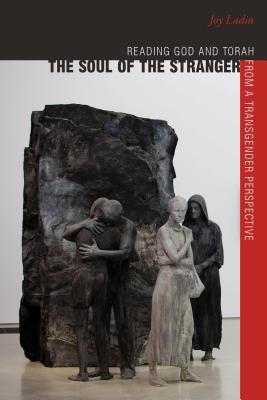
Deb recommends: The Art of Gathering: How we Meet and Why it Matters, by Priya Parker
How timely is this book?! Even if you have read it before, The Art of Gathering is essential for anyone who brings people together. Whether you are planning an intimate home-cooked dinner, a youth group event, or a conference, this book reminds us of the importance of planning with intention. Parker addresses how every aspect of the gathering should be thoughtfully constructed — from your invitation to walking your guests to the door. Especially now, when we are all unsure what it will feel like to be in a room with other people again, The Art of Gathering encourages us to carefully craft our meetings. I highly recommend we all spend some time with this book.
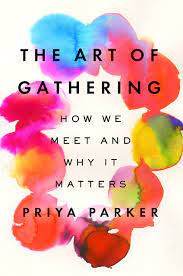
Liora recommends: How to Talk So Little Kids Will Listen: A Survival Guide to Life with Children Ages 2–7, by Joanna Faber and Julie King
Many of us have read the iconic How to Talk so Kids will Listen, and Listen so Kids will Talk by Adele Faber and Elaine Mazlish. This more recent book not only gives so many of the priceless strategies and validating real life scenarios, it is specifically for kiddos ages 2–7. Joanna Faber is the daughter of the original co-author, and Julie King is a local Bay Area parent educator and is active in the Jewish community, in fact we first met when I was directing a Purim Shpiel at Kol Shofar 15 years ago! Reading this book, and turning to it countless times for reassurance and reminders, is just like sitting with a couple of good friends and colleagues that really “get” the specifics of this age. I also recommend this book as it includes the section, “Tools for Kids Who Are Differently Wired.” This section offers specific modifications for kids with autism and sensory issues. Whether you teach or parent (or both!) young children, this is a book that can help all of us foster cooperation, resolve conflict, and engage in deeply satisfying interactions.
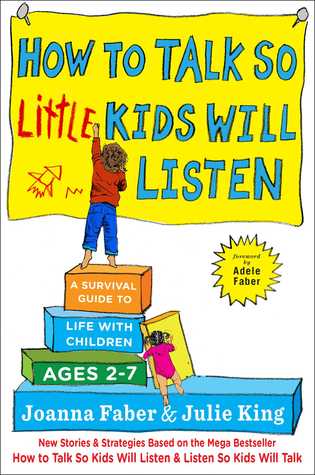
Jenni recommends: The Essential Conversation: What Parents and Teachers can Learn from Each Other by Sara Lawrence-Lightfoot
This book has a light and approachable style for a publication from Harvard’s School of Education. In it Dr. Lightfoot discusses some of the baggage and assumptions that adults – parents and teachers – bring with them into learning environments. She proposes ways that bridges can be built and children can be held at the center of an educational space. While it is written for a secular educational setting, many of the case studies and examples can apply and be drawn directly into our work in Jewish education.
Jenni recommends: The Weight of Ink by Rachel Kaddish
I borrowed this from the JCL’s ebook collection and listened to it on my walks and doing chores around the house. I was completely drawn into the narrative which brings people that links 17th century Amsterdam, pre-state Israel, and contemporary London through space and time. This book is a joy of historical fiction and mystery writing. I can’t tell you any more, because I don’t want to give anything away!
https://www.goodreads.com/book/show/40776163-the-weight-of-ink
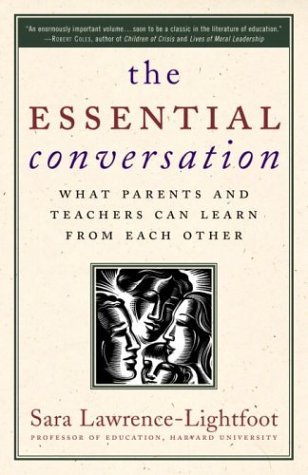
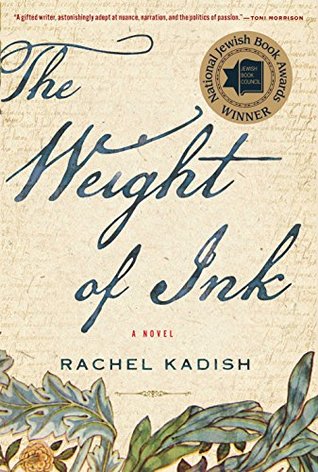
Dana recommends: I Want You To Know We’re Still Here, by Esther Safran Foer
I found myself captivated by Esther Safran Foer’s memoir about her search for the family her father, who later took his own life, lost in the Holocaust. While I am generally not drawn to reading about the Shoah, this book struck me as much more than that. Fundamentally, Foer’s story is about families and their secrets, collective memory, and the way in which such memories knit us together across generations. The month of January marks seventy six years since the liberation of Auschwitz, offering a reminder to all of us of the importance of preserving these stories. (And yes, the author, herself a Jewish professional, was the Executive Director of the famous Sixth and I Synagogue and cultural center in Washington DC, and is the matriarch of a family of writers on Jewish identity.)
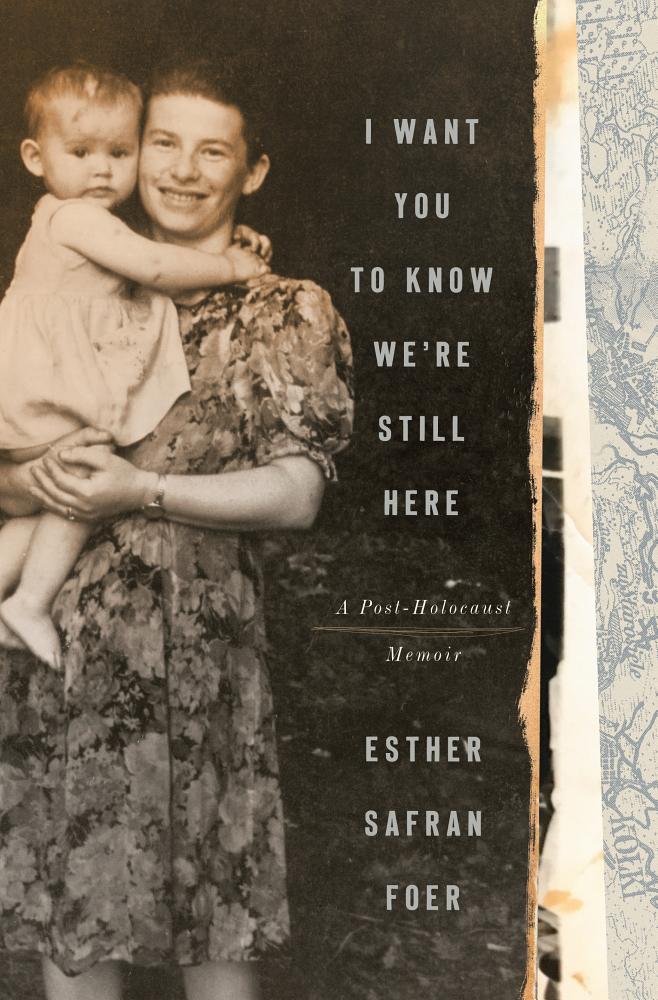
Noa recommends: The Place Where You Are Standing Is Holy: A Jewish Theology on Human Relationships by Gershon Winkler and Lakme Batya Elior
Gershon Winkler brings his encyclopedic knowledge of Jewish texts to this book about relationships, co-authored with his spouse Lakme Batya Elior, a psychotherapist who leads workshops on communication skills and teaches about feminist spirituality. The focus of this book is relationshiping—an active process of being in covenant with oneself, others, and the earth. The chapter on covenanting with children reminds us of the particular obligations we have in our relationships with those who do not know or are just learning how to negotiate the terms of a covenant. The Place Where You Are Standing Is Holy serves as a guidebook for us in the needs we have in caring for ourselves and in our yearning to connect with one another and with a higher source.
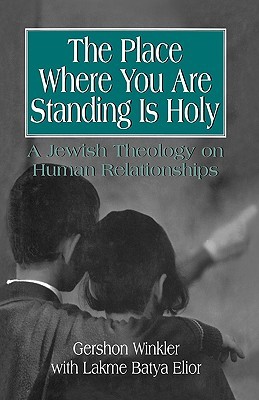
Dana recommends: Permission to Feel by Dr. Marc Brackett
Dr. Brackett’s book is not only packed full of wisdom on the importance of social emotional learning and very readable, it’s also a critical reminder why taking time to pay attention to our feelings — all of them — is so important. This is a terrific resource for those of us supporting children and families to remain resilient through these difficult times.
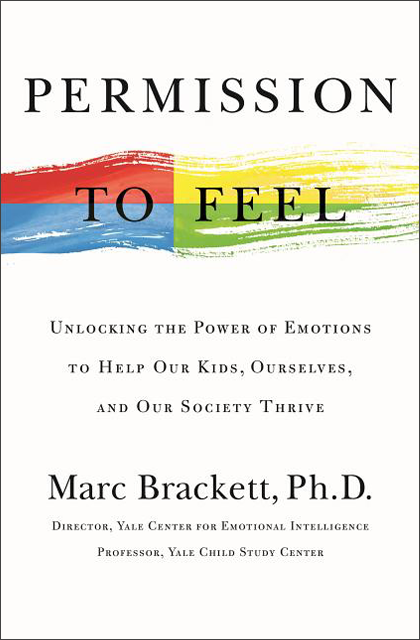
Jenni recommends: Tempered Radicals aka Rocking the Boat by Dr. Debra Meyerson
In this piece of work, Dr. Debra Meyerson uses relatable case studies to illustrate how people at all levels of leadership in an organization are able to create change at their workplaces. She articulates strategies that allow leaders to stay true to their core values while celebrating small wins and effecting change. She helps leaders figure out how to much to rock the boat … without tipping it over!
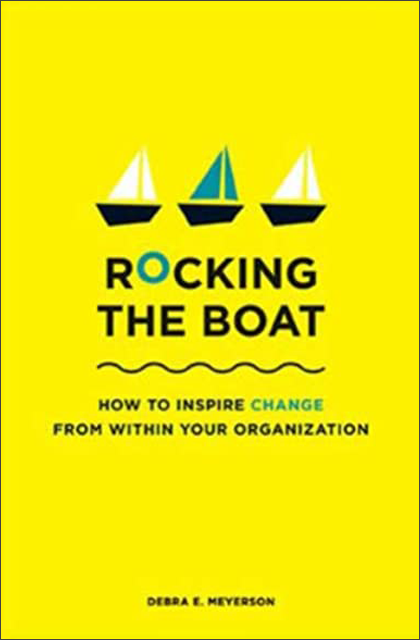
Deb recommends: Stamped: Racism, Antiracism and You by Jason Reynolds and Ibram X Kendi
This is a book that is recommended for both teens and adults. While Stamped is considered a Young Adult book, it speaks to all of us. Jason Reynolds maps out the history of racism in America in a way that is engaging and shocking. While there are numerous books that are calling our attention these days to racism and white supremacy, here is one you can read along with your teen that doesn’t shy away from the hard reality of our racist society. Bonus: This book is available through our Jewish Community Library!
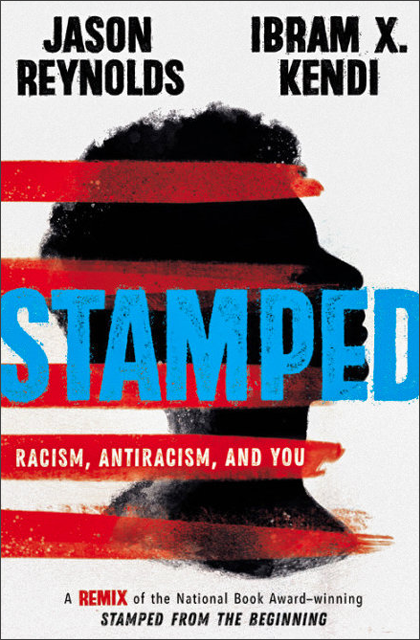
Liora recommends: Burn it Down: Women Writing about Anger edited by Lilly Dancyger
This collection of essays is about women’s expression of anger. While Social Emotional Learning is an important concept, do we really mean all emotions? This book explores anger and the historical complexities between gender and race and what is considered culturally acceptable in terms of the expression of anger. If you are open to reading about the reality of many women’s life experiences as they are impacted by violence, oppression, illness, addiction, and sex, then you will find these personal essays a rare and gratifying read. I found this book offered me an interesting opportunity to ask myself about my own relationship with anger and how the landscape of Social Emotional Learning might benefit from an open conversation about the things that make us burn.
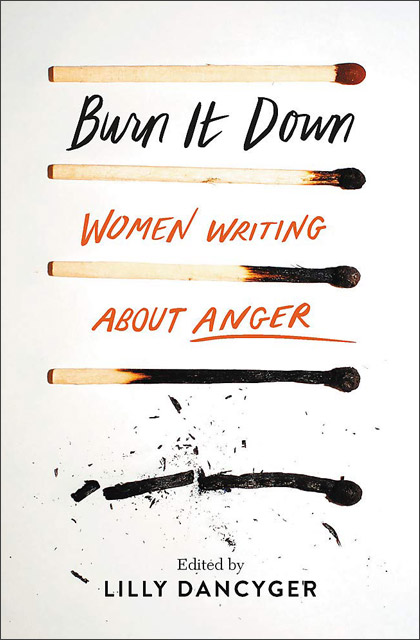
Howard recommends: Loving the Real Israel: An Educational Agenda for Liberal Zionism by Alex Sinclair
I recently returned to this book upon feeling unsettled by one of my own children’s ambivalence towards Israel. Sinclair, who lives in Israel and ran the Jewish Theological Seminary’s Israel education programs for many years, laments that American Jews who are educated with an emphasis on loving Israel unconditionally are often ill-prepared to grapple with the country’s imperfections. Preferring the model of “caring” (a term he borrows from philosopher of education Nel Noddings) to loving, he promotes a “dialogical Zionism” that emphasizes engaging in “complex conversations” as a means of fostering a “connection to Israel that co-exists with an understanding of its complexities.” I don’t necessarily agree with all of his conclusions, but I find myself challenged by them, and that is exactly what I seek in such a book.
